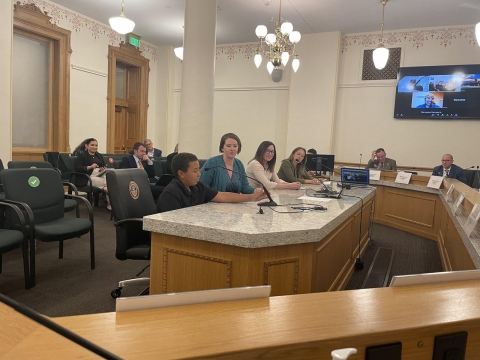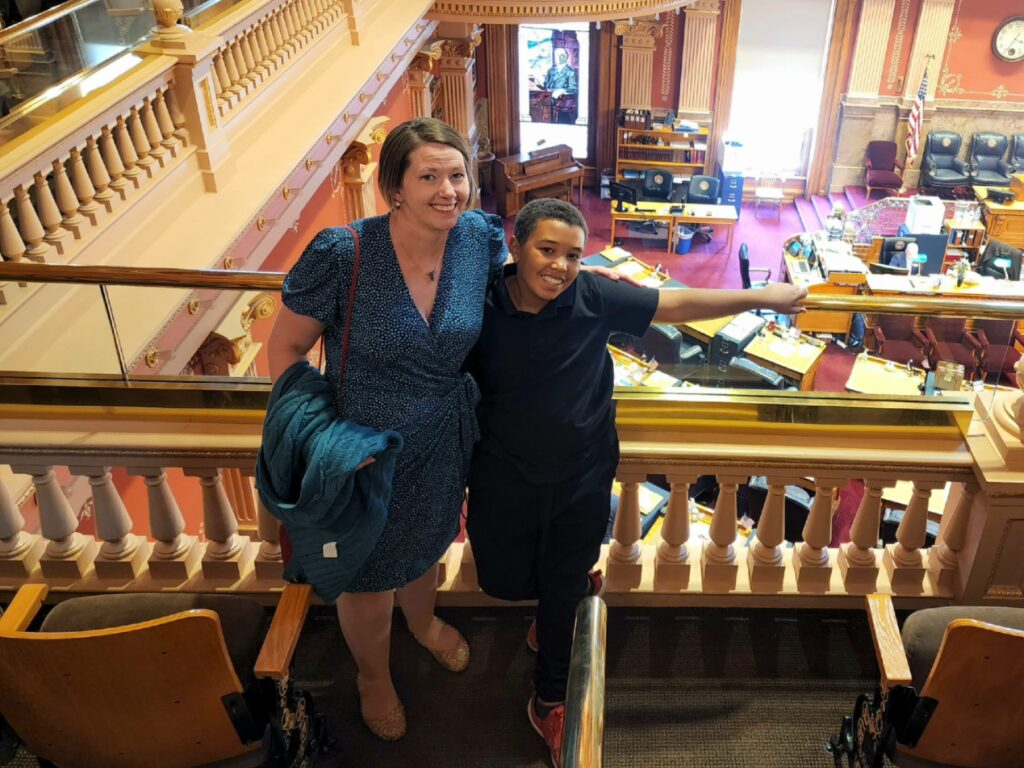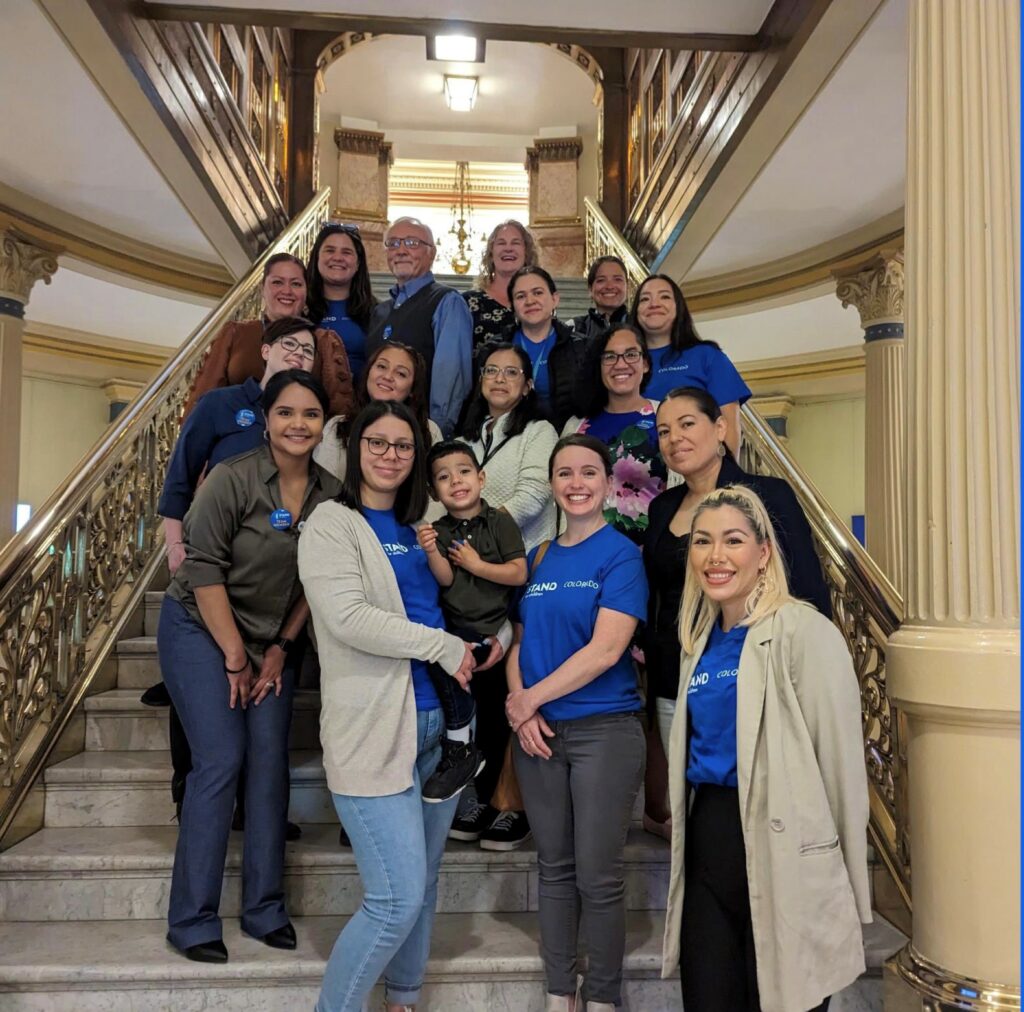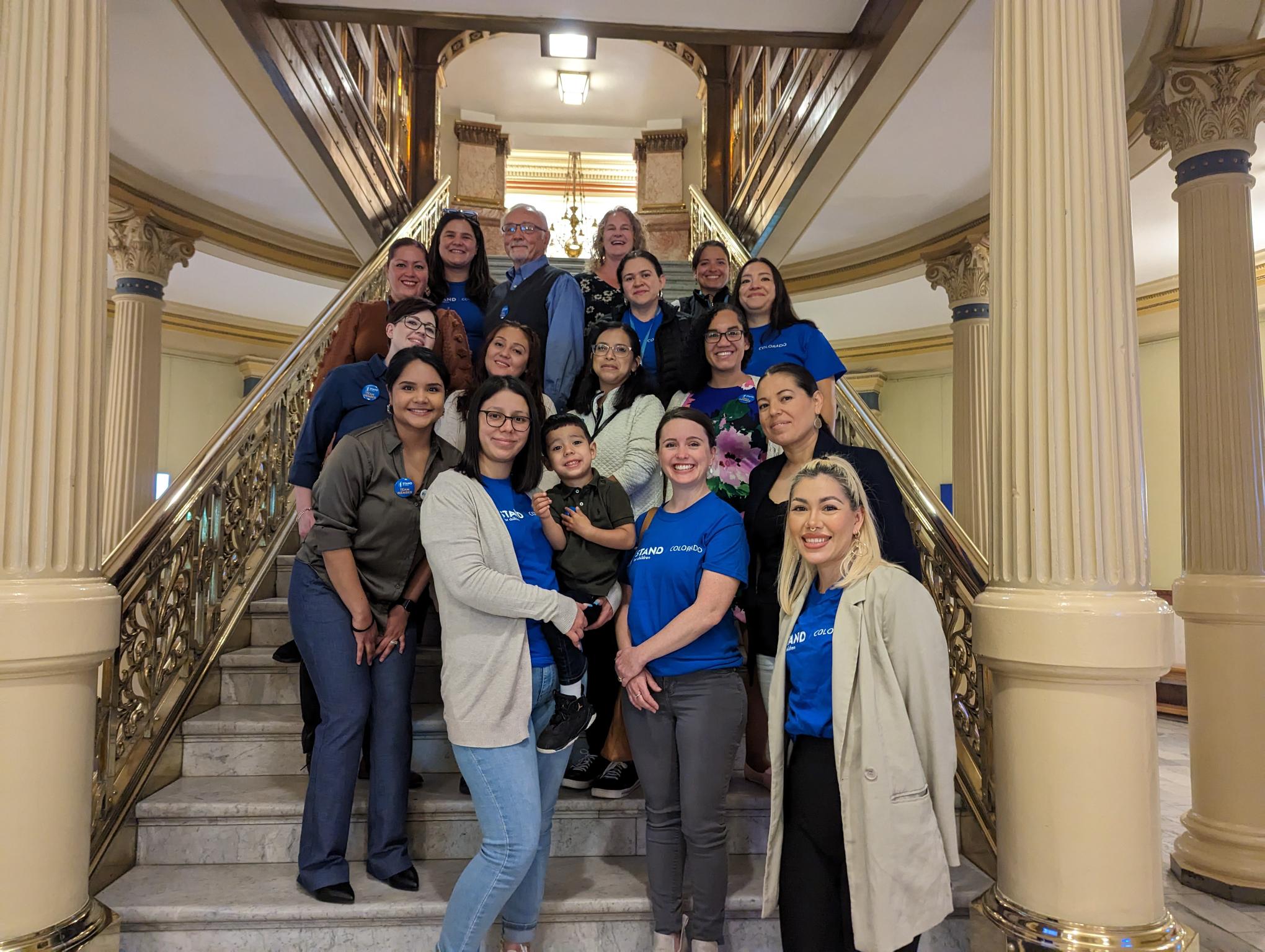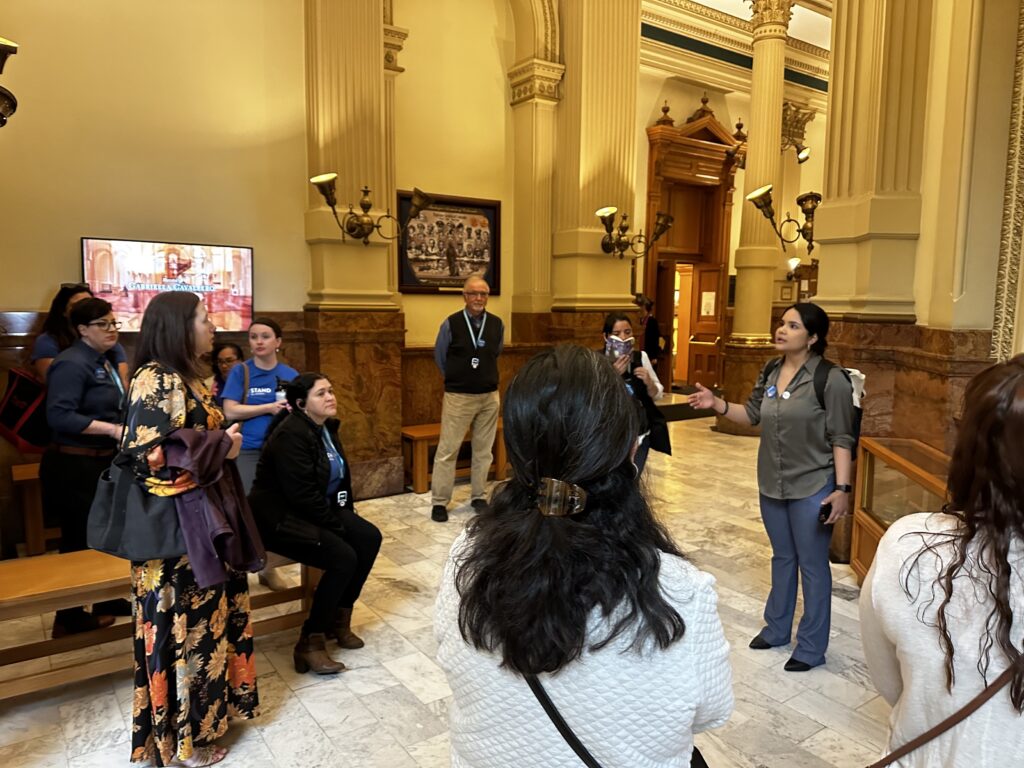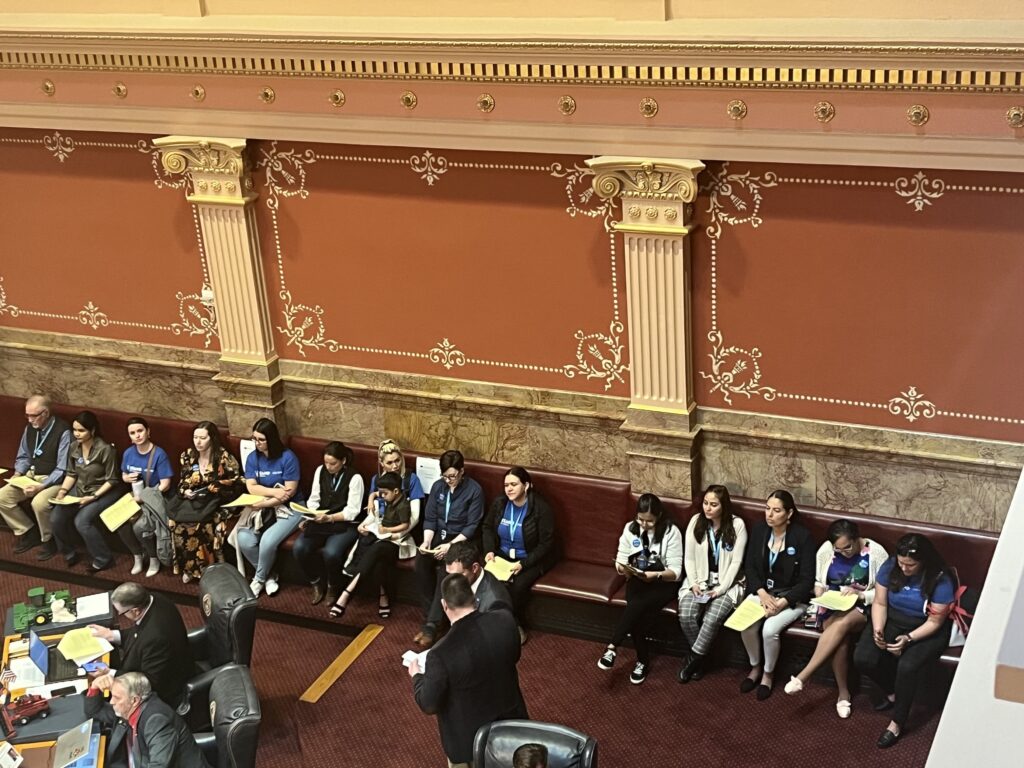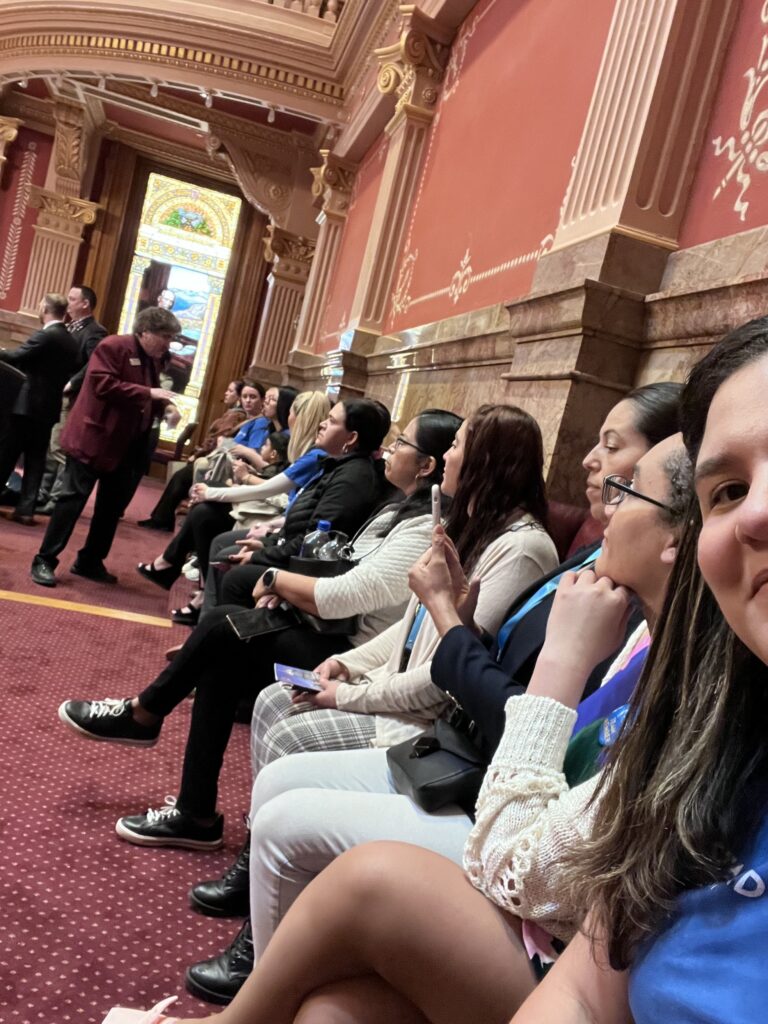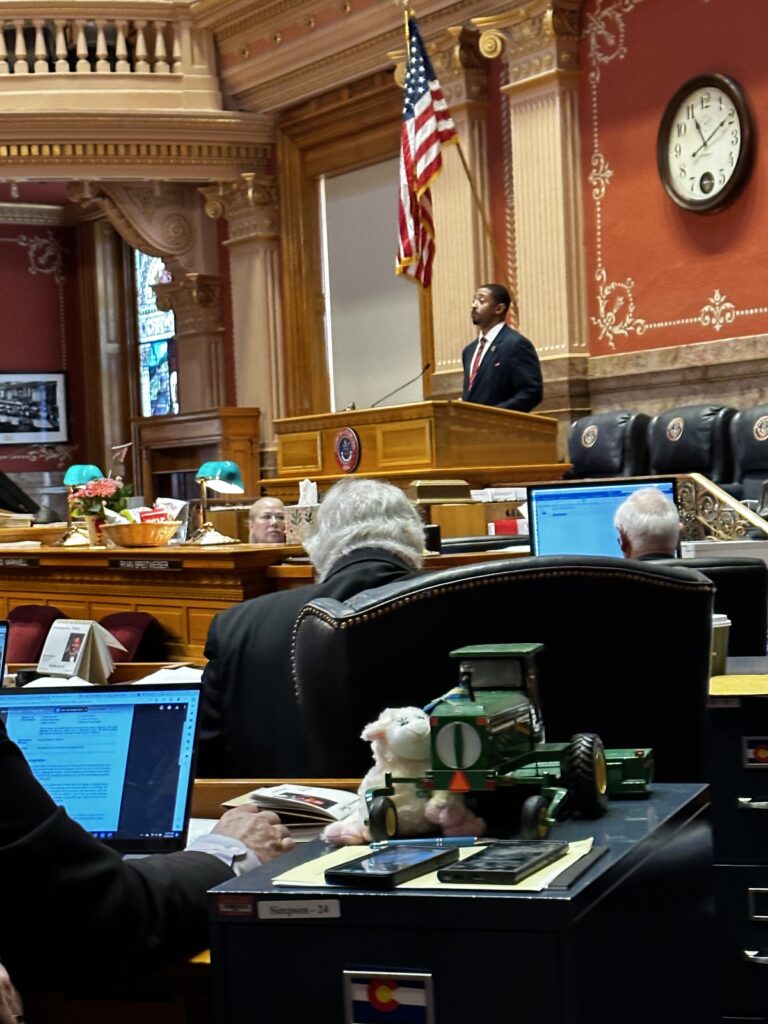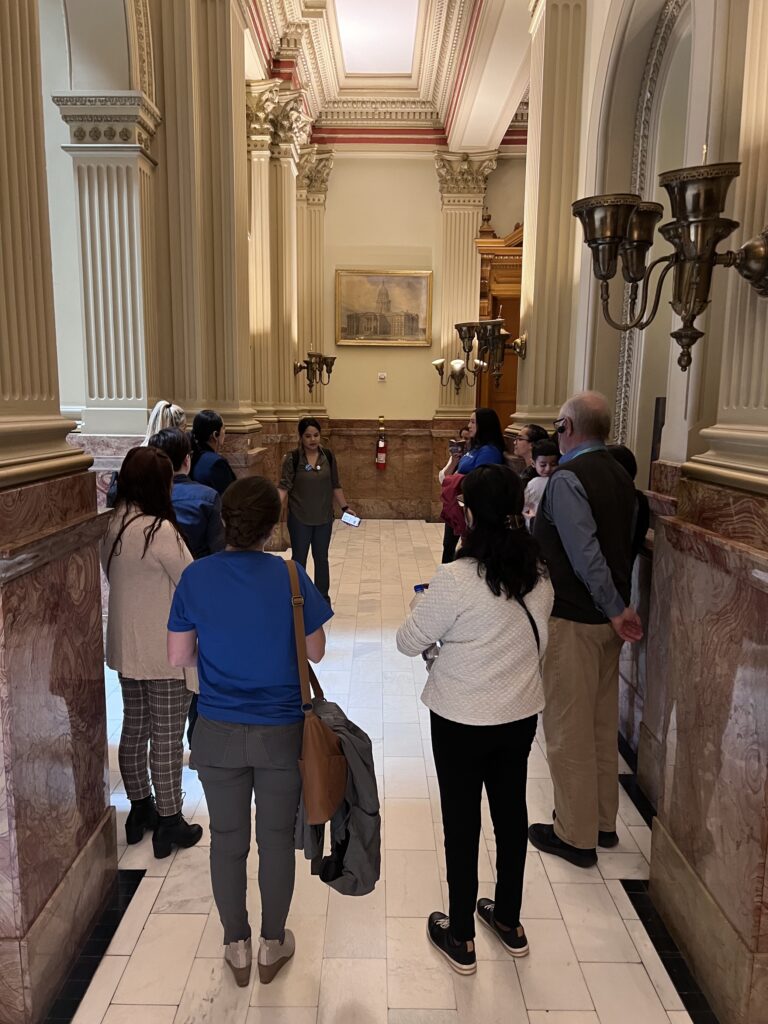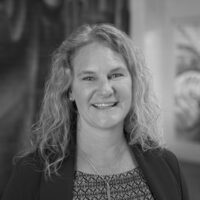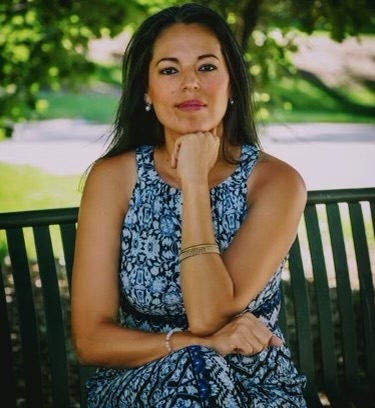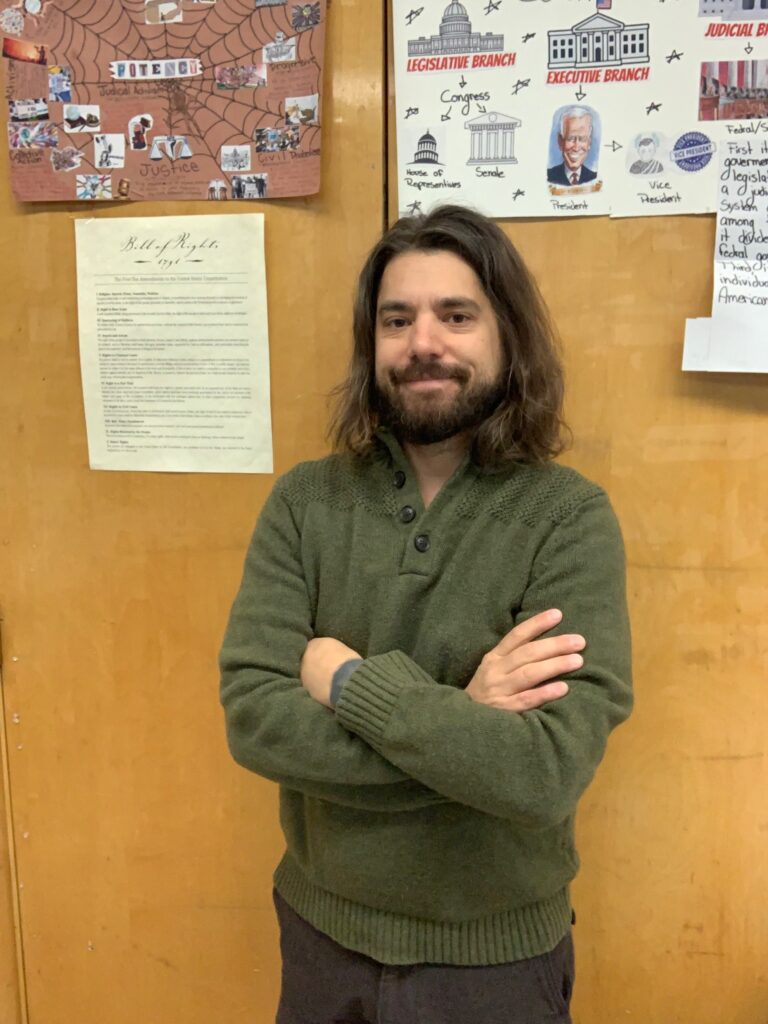Stand for Children Colorado advances educational equity and racial justice in Colorado through meaningful partnerships with families, educators, schools, and policymakers. One of the ways we uphold this work is through our annual Advocacy Fellowship.
Stand for Children Colorado Advocacy Fellows are community leaders advocating for policy solutions towards racial justice and equity in education. With the support of Stand staff, advocacy fellows will deep dive into issues affecting Colorado communities today, co-create solutions, democratize knowledge back to their communities, work to break down barriers to power and access decision makers, and, in the process, build long-lasting relationships and invaluable skills.
We are excited to introduce the 2023–2024 Fellows!
Meet Jesse
Jesse is a mother of three and a Denver native. She has been working for Denver Public Schools since 2018 and prior to that she worked for Jefferson County Public Schools. She is passionate about working with youth, especially those at risk of falling through the cracks. She was drawn to Stand for Children because of all the great work they have done to help families and young people. This is her 3rd year as a Stand Advocacy fellow, and she is so proud of the work that has been done.
- What are you most excited about this year’s fellowship program? Every year I continue to learn more, and I get a little more confident. I am excited about the work we will do this session and to learn more about what is happening around the state.
- What is your favorite children’s book? The Giving Tree is a book I have a love/hate relationship with. It is such a deep book for kids. It can be used as a beautiful story about loving someone more than yourself (a mother’s love). However, it can also be a cautionary tale about giving all of yourself away, especially to someone who doesn’t appreciate it.
- What do you like most about Colorado? I love how many parks we have. There are so many things to do and places to go.






